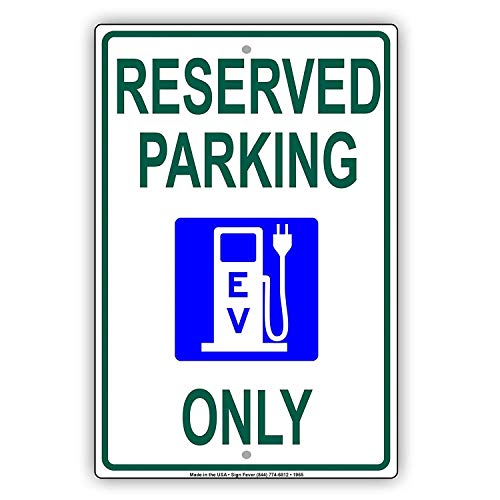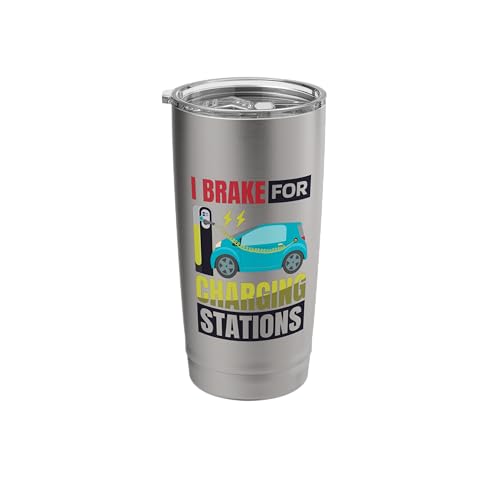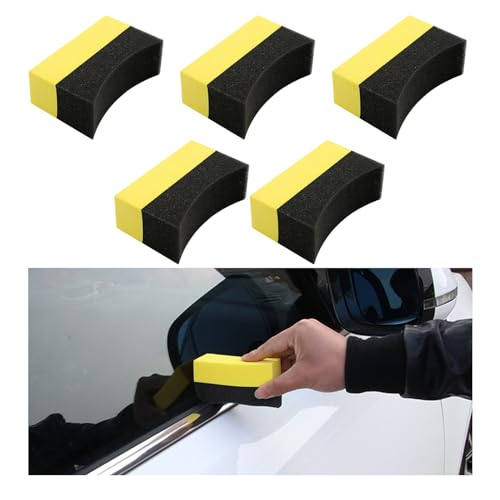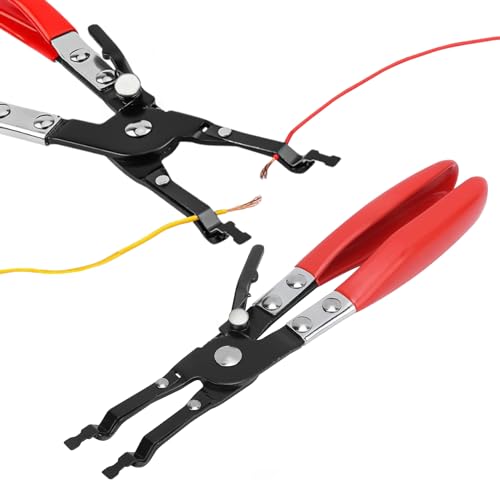Trex
Well-known member
Hi folks,
Now these are my opinions.
How best to save fuel:
1. Try to be in Ev mode as much as possible.
2. Avoid slow speed series mode as much as possible. Mitsubishi put that lock-up clutch in the transmission for a reason and it is NOT to make the Phev simpler or cheaper.
3. Do not use the heater on certain models of the phev.
4. Keep your tyres inflated to the recommended pressure.
5. Faster speeds use more fuel. Parallel or slow speed series mode.
6. This is a big one. Clean out your Phev now and again. Just did mine and my wife was carrying chairs and umbrellas and eskies for soccer games that finished over 2 months ago :shock:
Probably 150kg of stuff. That's worth a bit of fuel for sure. :lol:
Can we agree on these points?
Have I missed any that we can agree on?
Please ask questions if you do not understand what I have written. Or tell me why if you do not agree.
Or tell me why if you do not agree.
Regards Trex.
Now these are my opinions.
How best to save fuel:
1. Try to be in Ev mode as much as possible.
2. Avoid slow speed series mode as much as possible. Mitsubishi put that lock-up clutch in the transmission for a reason and it is NOT to make the Phev simpler or cheaper.
3. Do not use the heater on certain models of the phev.
4. Keep your tyres inflated to the recommended pressure.
5. Faster speeds use more fuel. Parallel or slow speed series mode.
6. This is a big one. Clean out your Phev now and again. Just did mine and my wife was carrying chairs and umbrellas and eskies for soccer games that finished over 2 months ago :shock:
Probably 150kg of stuff. That's worth a bit of fuel for sure. :lol:
Can we agree on these points?
Have I missed any that we can agree on?
Please ask questions if you do not understand what I have written.
Regards Trex.


































